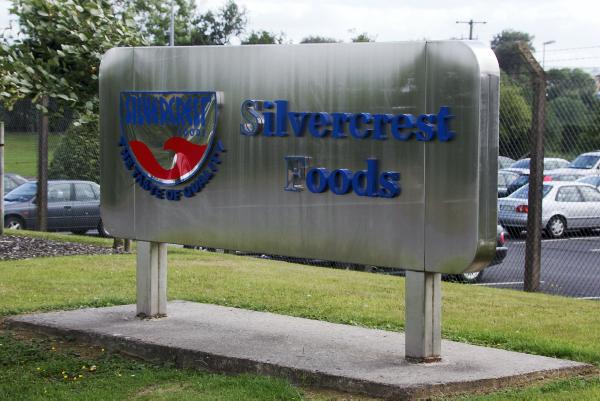It is a year on from the horsemeat scandal, where a major pan-European fraud was uncovered. The scandal was triggered by the investigations of the Irish Food Safety Authority, which revealed that frozen burgers manufactured in Ireland contained horse DNA.
It subsequently emerged that horsemeat was substituted for beef in a range of processed meat products identified in several countries, including Ireland, Britain, France, Norway, Austria, Switzerland, Holland, Sweden and Germany. Confidence in the integrity of the processed beef supply chain, in the honesty of labels, and in the word ‘traceability’, took a hammering.
Major companies, which believed that they had robust controls, had horse DNA identified in products they were selling. Several major British retailers had to undertake costly recalls and were the subject of substantial adverse publicity. Similarly, companies of the calibre of Findus, Nestle, Burger King and Birds Eye discovered that the controls in their supply chains, and contracted manufacturers’ facilities, were found wanting.
Ironically, whilst analytical chemists were testing down to levels of parts per billion and microbiologists were seeking minute levels of bacterial contamination, truckloads of horsemeat were moving around the EU masquerading as beef. Most of the companies selling mislabeled products were using private standards, such as the BRC, for enhanced quality assurance, believing them to be more stringent than the regulatory requirements.
However, both the routine regulatory oversight and the private standards audits failed to identify this fraud.
DNA testing was not a routine food safety test and, because of the cost, will not become one. After initial intensive testing in the immediate aftermath of the crisis, it has now settled to be used to verify paper traceability controls and for random checking, which is more economically sustainable.
One burger manufacturer in Ireland substituted cheap Polish beef for the retailer’s specification for Irish and British beef and this fundamental breach of contract was compounded when the Polish ‘beef’ turned out to contain horsemeat.
Staff are a company’s greatest asset, but careless or dishonest staff can be a phenomenal liability. Those charged with overseeing procurement and policing quality control are the frontline guardians of a company’s reputation and should leave no stone unturned to ensure that all purchasing specifications are being met.
The role of meat traders, and middlemen, demonstrated that from ‘farm to fork’ proved to be a longer distance that many believed. The more steps in the food chain, the more opportunities for things to go wrong and the more people that are involved, the more likely one may be a shoddy operator or, worse still, a criminal.
Lesson
The big lesson from this debacle for the retailers and the major brands is that a company’s reputation is only as secure as the standards of their weakest supplier.
Therefore, shorter supply chains, with long-term strategic relationships between the stakeholders, are now becoming the norm.
Retailers and big brands forcing prices down were only incentivisng some players to cheat, so distribution of margin along the chain to enable everyone remain commercially viable is the only sustainable approach.
The impact of the social media was huge in this scandal and compounded brand and reputational damage. It was fascinating to see how the tone in the social media went from jokes, to rising surprise and shock, then anger and finally recriminations as the crisis continued to escalate.
Consumer confidence has been severely damaged in the processed meat sector and in the industry players that consumers have trusted to look after their interests.
Not all polish processors are gangsters and not all Irish processors are dishonest, but sensational generalisations made for great headlines. Another big lesson for companies is that the emphasis has to be on prevention, rather than crisis management, as it is now impossible to control the media.
The performance of the Irish Food Safety Authority and our Minister for Agriculture has been recognised internationally, but our agri-food sector cannot afford shocks like this if we are to achieve the ambitious targets of Food Harvest 2020.
Ireland was first into the ring in identifying this problem and hopefully we have been first out of the blocks with a realistic testing regimen and genuinely robust traceability to regain any ground we lost by our association with this scandal.
Horsemeat saga one year on - read more here
“There was nobody in Ireland deliberately adding horsemeat to beef” - Alan Reilly of the FSAI






 This is a subscriber-only article
This is a subscriber-only article











SHARING OPTIONS: